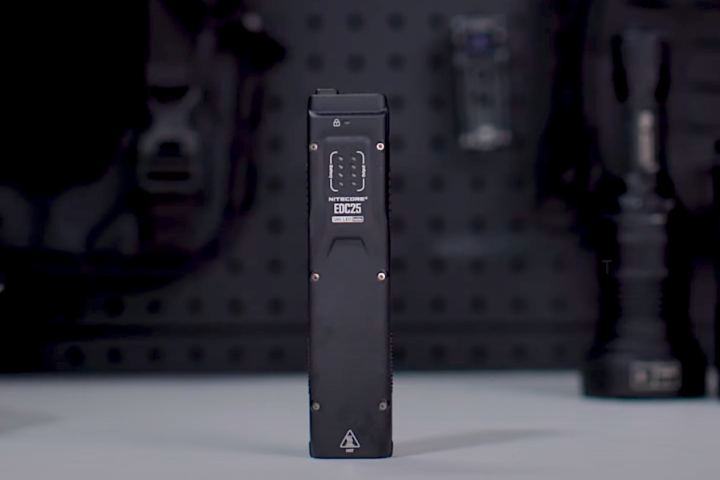A team of engineers, mathematicians, and computer scientists at the Fraunhofer Institute for Manufacturing Engineering and Automation IPA are developing a robotic system for electric cars that can independently find its way around unknown spaces, navigating around obstacles in order to find its goal. It is hoped that it will soon be capable of finding a parking space or charging station and parking there, safely without a single scratch.
The Afkar project is the German abbreviation of the term "autonomous driving and intelligent chassis concept for an all-electric vehicle." It's been in progress for around a year and a half, with the core idea being to extend the autonomy of cars that already tend to sport on-board computer assistants for safely maneuvering through traffic, avoiding collisions, parking, managing blind spots and crosswinds, and more. The car is taking over in the driving process and the researchers feel that Afkar could be the next step.
Their first target is teaching electric cars how to find parking spaces and to park without a scratch. Electric cars need to be charged and recharged, but charging stations are limited in number and capacity, they reason, so it would help if the cars could manage their own charging process – particularly with rental companies and other car-sharing situations.
A wireless interface between car, garage management, and charging stations might determine when a charging station can be occupied or vacated, while the car could drive itself between the charging station and empty parking spots.
"The technology needed for this scenario is already available,” says Afkar project manager Benjamin Maidel. Self-driving electric cars like those being developed by Google and many car manufacturers ahead of legalization on UK public roads, or the ones at the Fraunhofer Institute, can find their way around known environments without a hitch. And many modern cars have most of the sensors required to be retrofitted with the technology. But the software isn't quite there yet, and more complicated scenarios such as those involving traffic will take more work.
Maidel and his team are exploring camera, ultrasound, radar, and laser-based sensors that can "see" for two or three hundred meters so that the on-board software has time to diagnose and react to anything unexpected in the surrounding environment.
"Whether autonomous driving makes a breakthrough will be decided, along with the right price, by customer acceptance and the legal framework," he says. "The technology will probably conquer the market step by step."
We might then see something similar to the charging scenario above, perhaps followed some years later by smart rental systems in which cars booked via a smartphone app drive themselves to waiting clients.
Source: Fraunhofer Institute




